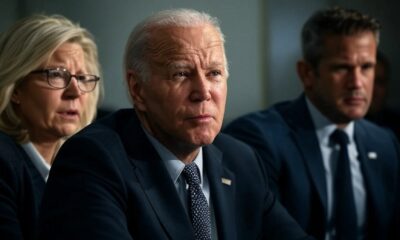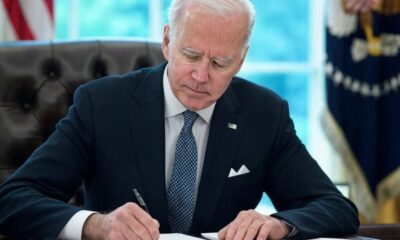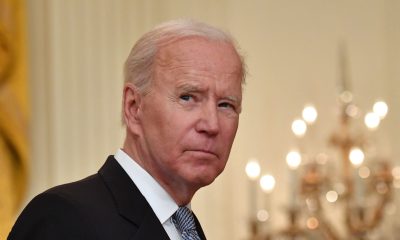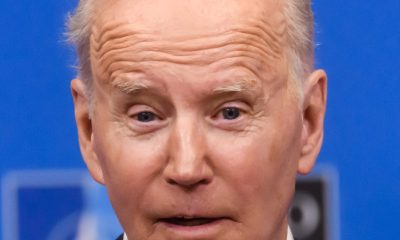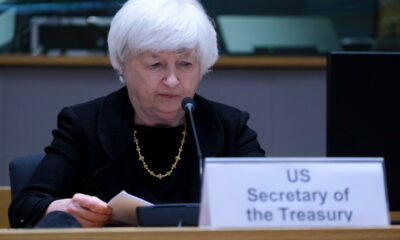Biden White House Bans Easter’s Religious Essence
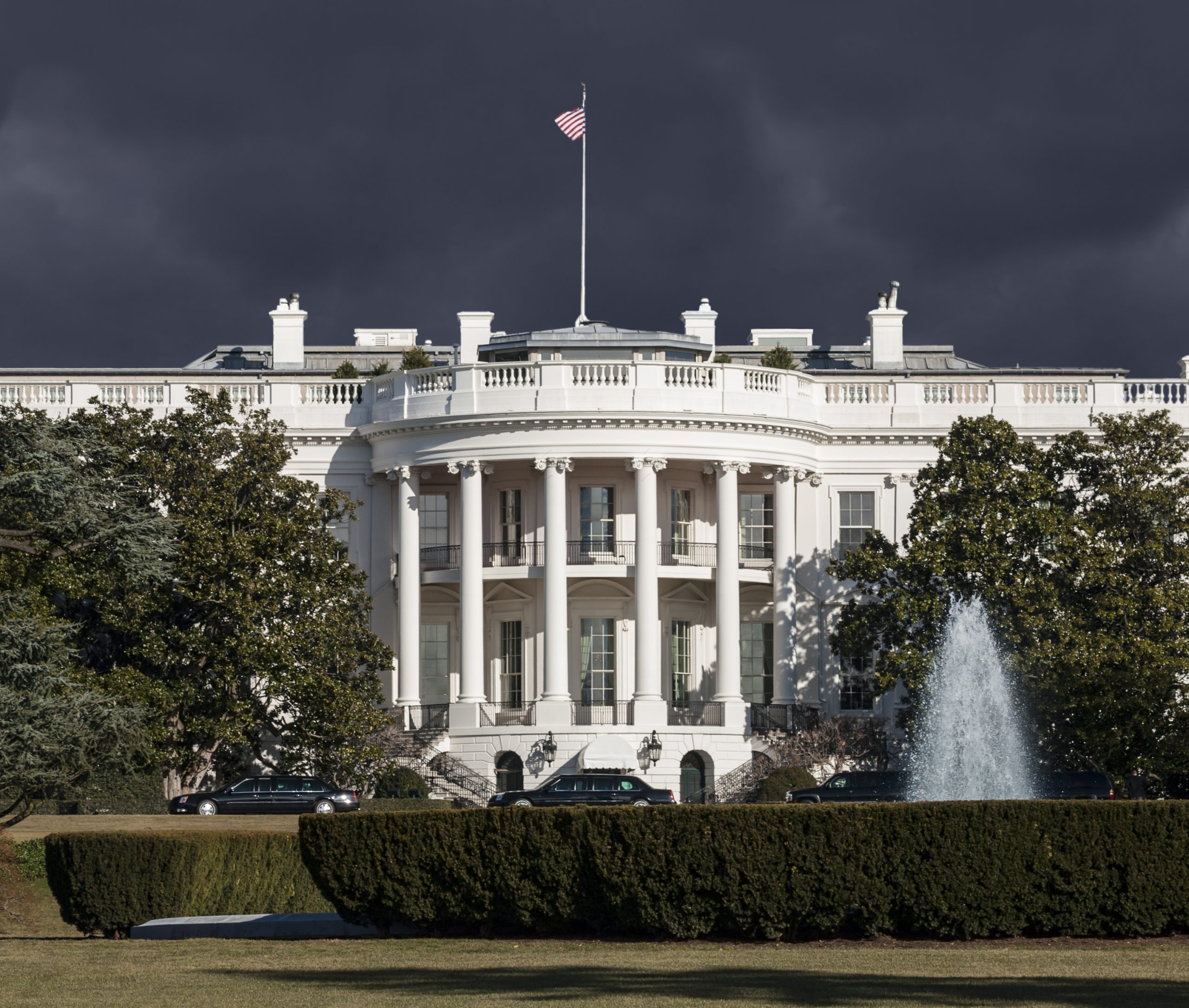
In a gesture meant to honor their unique sacrifices and stories, children of National Guard families have been invited to partake in a longstanding White House tradition: the annual Easter Egg Roll. However, this year, a mandate from the Biden administration casts a shadow over the festivity’s inherent Christian significance. The White House has explicitly prohibited the submission of Easter egg designs that incorporate any form of religious symbolism, directly impacting the core of Easter’s celebration — the resurrection of Jesus Christ.
This directive aligns with a broader pattern observed in the Biden White House, prioritizing diversity, equity, and inclusion initiatives, particularly for minorities and LGBT groups, while prohibiting and shunning traditional Christian values. On Friday, the administration announced the celebration of Easter Sunday as “Transgender Day of Visibility,” pledging to honor “the extraordinary courage and contributions of transgender Americans.”
First Lady “Dr.” Jill Biden, under whose auspices the event is organized, has opted for an “EGGucation” theme for the Easter Egg Roll, transforming the South Lawn into a hub of educational activities yet conspicuously omitting the religious essence of Easter. The guidelines for egg design submissions strictly forbid “any questionable content, religious symbols, overtly religious themes,” and even extend to banning representations that could be construed as promoting “bigotry, racism, hatred or harm against any group or individual based on race, gender, religion, nationality, disability, sexual orientation or age.”
The exclusion of religious themes from the Easter celebrations raises questions about the administration’s commitment to upholding the cultural and religious diversity that forms the bedrock of American society. It also marks a departure from the tradition of inclusivity that the White House Easter Egg Roll symbolizes, a tradition that has evolved but always respected Easter’s religious, historical and cultural context.
The exclusion of religious themes from an inherently religious holiday may play well to the leftist Democrats’ elite urban base, but it is certain to fall flat with the large majority of the American people. The secularization of Easter — indeed a rebranding of the holiday as a celebration of the LGBT dogma — directly sidelines the very essence of Easter, a central event in the Christian liturgical year celebrated by many millions of Americans.


